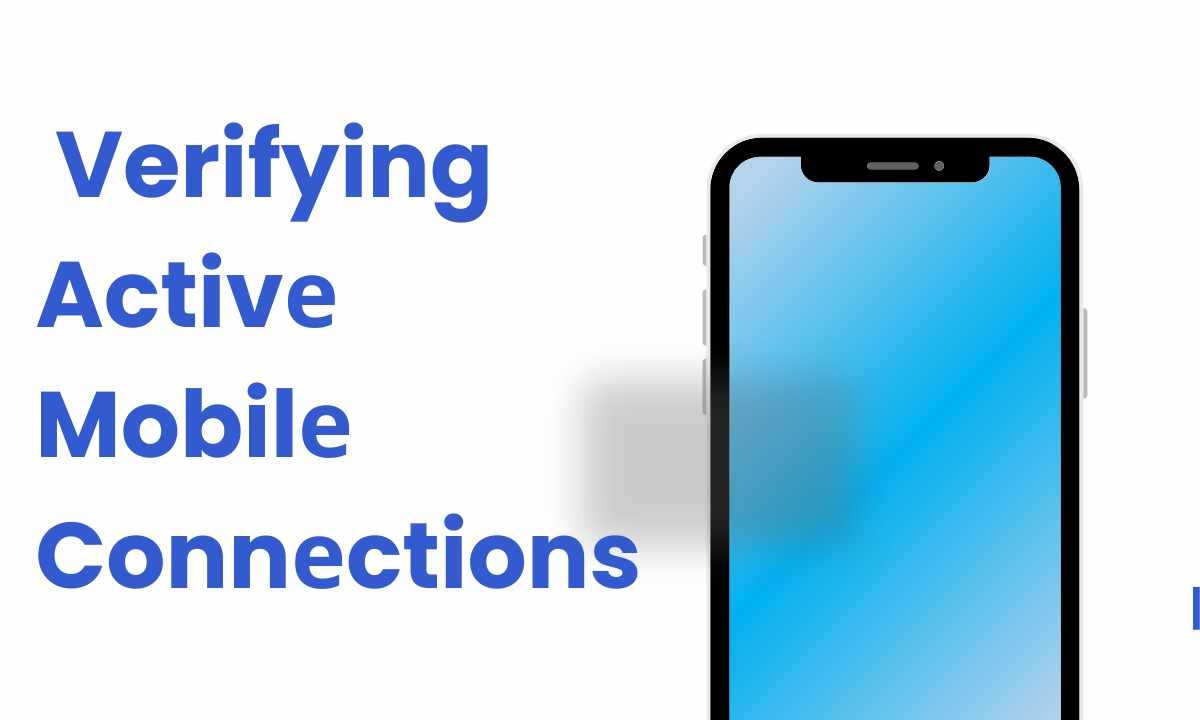Imagine you’re purchasing vehicle insurance online for your dream car and immediately receive a random email stating there is a problem in the transaction and asking you to provide some information.
While the convenience of buying insurance online has completely revolutionised the approach of today’s public, it has also raised the question of whether our personal data is truly safe. From obscure privacy policies to reports of massive data leaks and the storage of critical data well beyond the service period, it needs to be asked what the online platforms are doing to ensure the safe storage of this information.
With so much sensitive data stored online, some apps take strict measures to protect consumers’ data. Still, it’s also a user’s responsibility to learn the measures to avoid such cybercrimes. This article will explore the importance of cybersecurity and share best practices for protecting your data and privacy.
Why Cybersecurity Matters for Online Vehicle Insurance?
Due to their user-friendly interface and streamlined process, online insurance platforms have recently gained popularity. When you buy vehicle insurance online, you share critical information like name, address, bank account details, and vehicle details, which becomes a treasure trove for cybercriminals to target.
The rise in online transactions has made insurance platforms easy targets for fraud, theft, and hacking. This is why protecting data is not just a choice nowadays; it’s a matter of personal security. Cybercriminals use personal information to make unauthorised transactions, which can even damage credit scores or lead to overdrafting of funds. Hence, cybersecurity measures are essential for both online platforms and consumers.
Common Threats to Online Vehicle Insurance
Before learning about the measures, let’s understand about the common tactics of fraudsters to scam consumers online:
- Phishing Attacks: Fake emails or messages sent by scammers pretending to be a legitimate insurance provider and asking you to share sensitive information.
- Malware: Software containing viruses developed by cybercriminals to steal your data and damage or corrupt your system.
- Data Breaches: When there’s a data leak from the insurance company’s side through unauthorised access.
- Fake Apps: Cybercriminals create fake online insurance apps identical to the original ones so customers can download them and share information.
Cybersecurity Measures for Protecting Your Data
To ensure enjoying the benefits of car insurance apps and other online platforms, follow the below-mentioned practices:
- Multi-Factor Authentication
Enabling multi-factor authentication—usually biometric, face recognition, or a password sent to your authorised email address—adds extra security to your data and insurance account. This increases data protection and makes it difficult for scammers to access your account.
- Encryption
Ensure that the platform you choose encrypts the data you share end-to-end, making it unreadable in case of a data breach.
- Create Unique and Strong Password
Avoid using your date of birth, phone number, vehicle registration number, or name in the password for your insurance account. Make it unique and strong with a mix of uppercase and lowercase letters, numbers and symbols.
- Keep the Software and Apps Up-to-date
Regularly update your car insurance app and the device you use for transactions. Updated software does come with security patches, reducing the risk of cyberattacks.
- Avoid the Use of Public Wi-Fi
Use a secure internet connection when using the insurance account or making any transaction. It is advised not to use public Wi-Fi as it is unsecured and accessible for hackers to get information.
- Monitor Account Activities
Check your account activities and transactions to ensure there’s no unusual activity. Enable notification alerts so you can receive one in case of suspicious activity by an unknown person.
- Beware of Phishing Scams
Avoid sharing your information with anyone by phone or email. Verify the sender before sharing personal details, as fraudsters pretending to be officials call users to steal data.
How do Insurance Providers Ensure Data Safety?
Reputable online insurance apps like Bajaj Finserv use advanced security measures to protect customers’ data from leakage. For personal security, insurance companies use end-to-end encryption to secure information and make it unreadable to anyone. The platforms also conduct regular security audits to identify and fix any potential data breach risks. They follow strict protective measures to ensure the customer details are handled with care.
Conclusion
In the digital age, where cyber threats have increased by up to 30%, learning and implementing measures to protect your critical data is essential. From multi-factor authentication to strong passwords to avoiding using public Wi-Fi, it is essential to understand how to reduce the chances of being a victim of cybercrime. Download a trustworthy car insurance app, such as Bajaj Finserv, that is safe to use and focuses on customer privacy. Don’t forget to stay alert and enjoy the convenience of using insurance apps while sitting at your home.

















